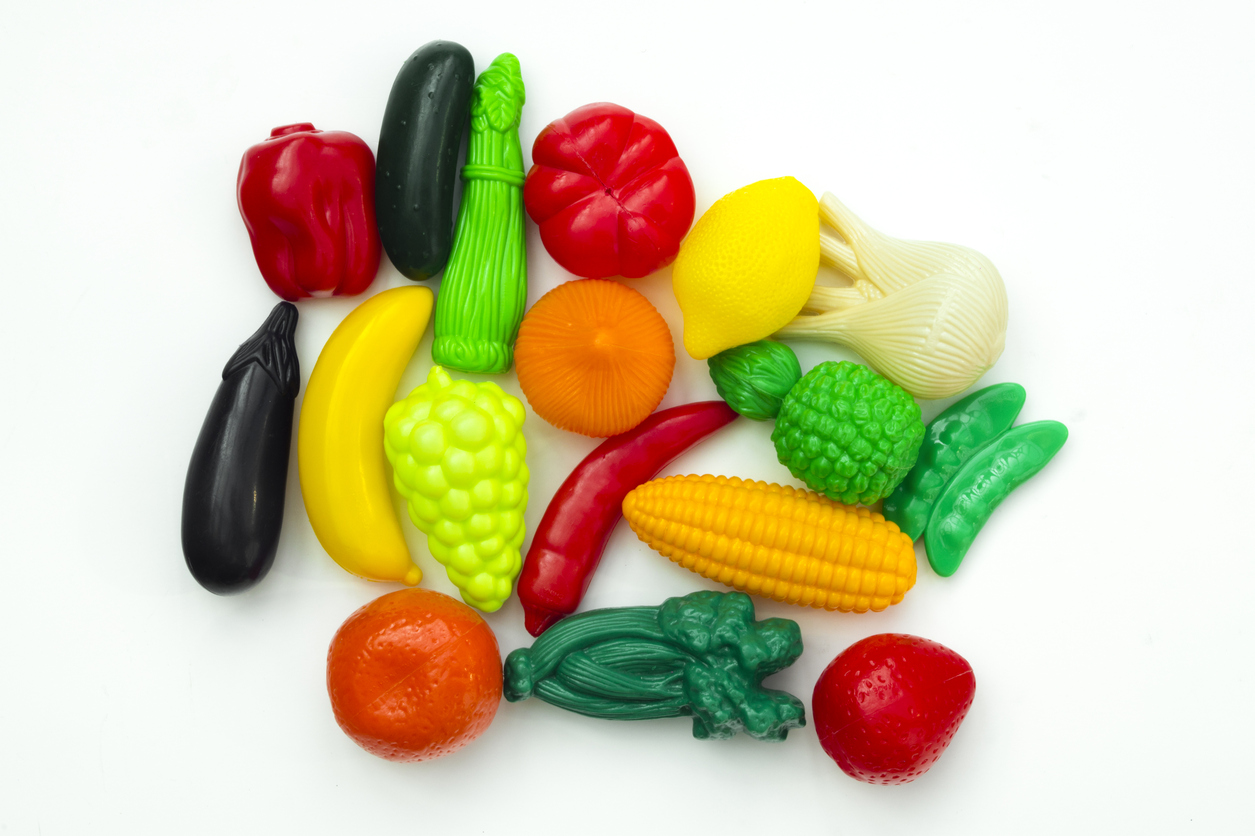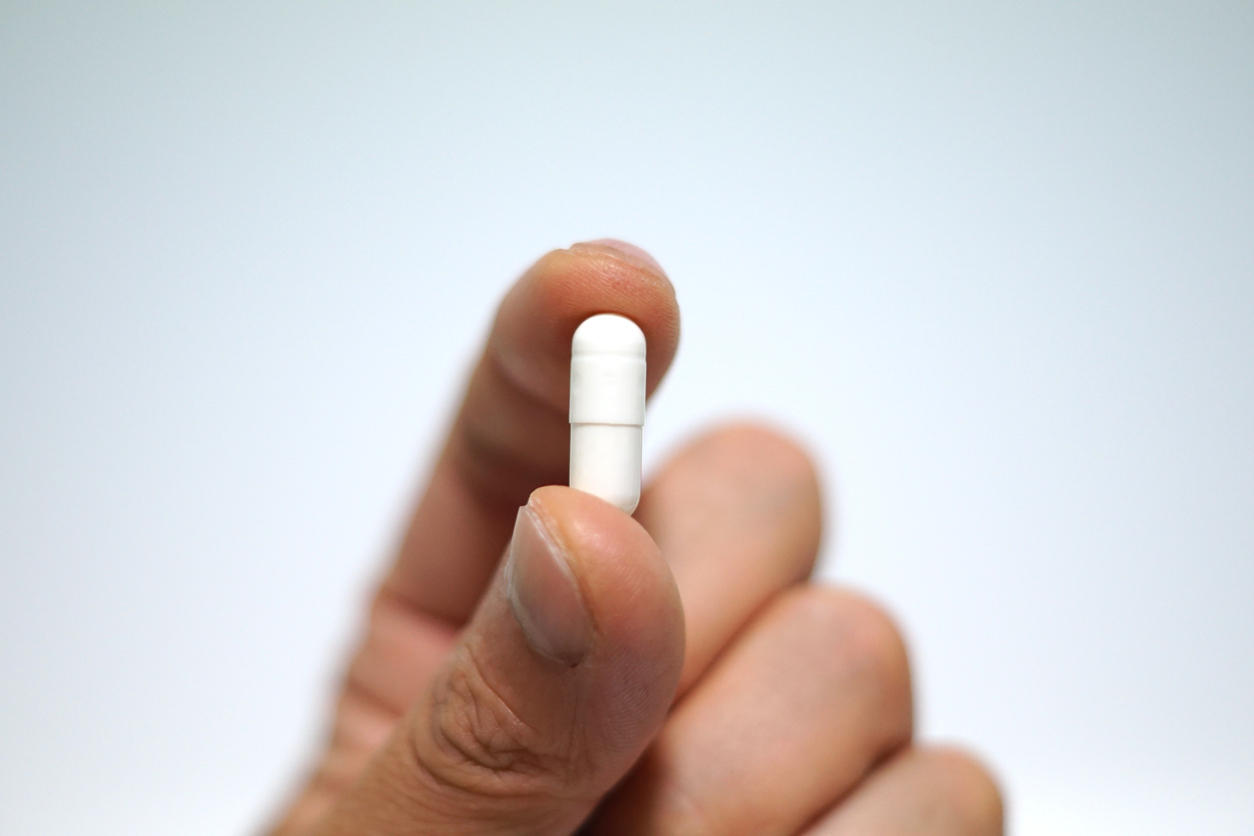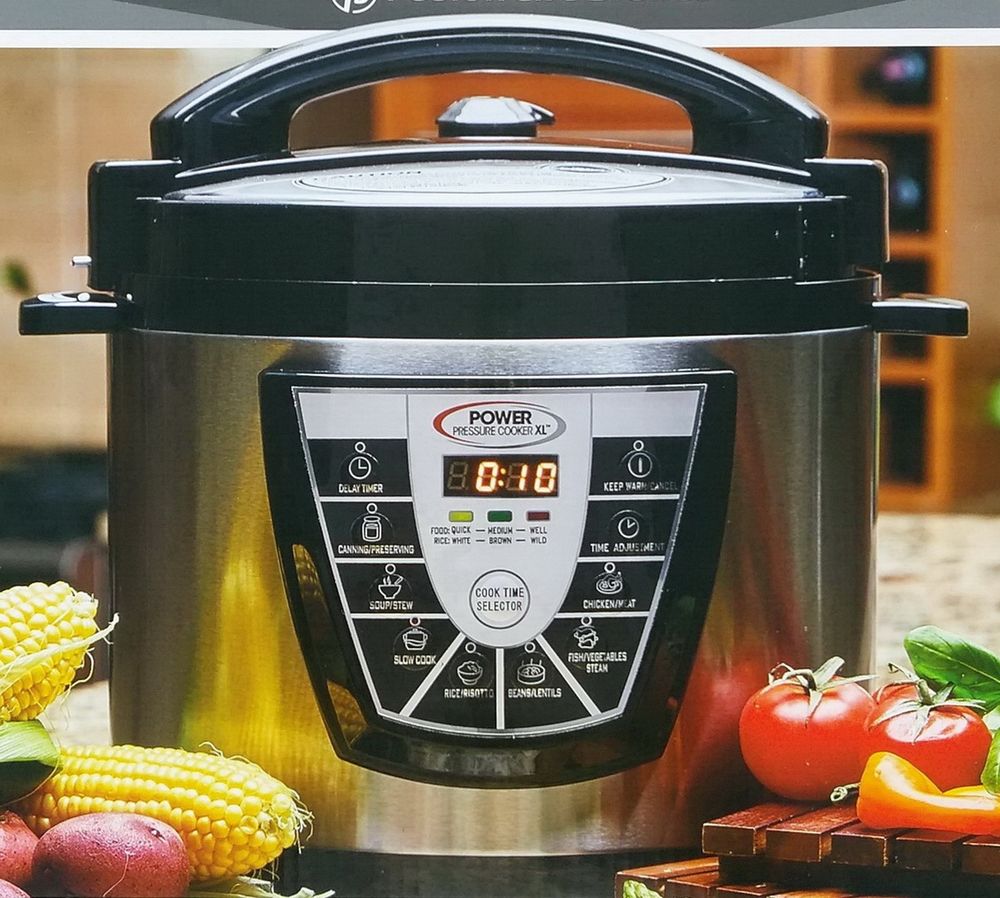
An organization with over 60,000 pediatricians advises parents and children avoid a common chemical used in food processing and asks the government to update its regulatory efforts.
The American Academy of Pediatrics published a policy statement on Monday about using several kinds of well-known chemicals and the negative effect they have on growing children.
Bisphenols, phtalates, perchlorates, nitrates and nitrites are the particular chemicals of interest.
Dr. Leonardo Trasane, director of the Division of Environmental Pediatrics at New York University School of Medicine, said there are “some striking and surprising concerns about the lack of attention that these chemicals have received by regulatory agencies.”
A main concern is that since children eat more on a regular basis, they have a higher level of exposure to potential adverse side effects. Experts fear thyroid hormone disruption, brain development, an increased risk of obesity or decreased birth weight, and endocrine disruption are among the concerns of exposure.
The report cited “…There can be fundamental disruptions in various endocrine functions that can manifest not only in early childhood but potentially in later life as a result of prenatal or infant exposure.”
Bisphenols are used in aluminum can linings and may sound familiar. The US Food and Drug Administration banned bisphenol A (BPA) from baby bottles and sippy cups in 2012. However, BPA is still used in food packaging and the FDA asserts its safety.
Phtalates are used to make plastics soft. Perchlorates are used in food packaging. Nitrates and nitrites are preservatives or color enhancers.
The fear behind these chemicals doesn’t comes without a statement from an argument from the other side. The American Chemistry Council represents companies in the industry. In a statement, the company stresses the importance of chemicals following strict requirements by the FDA to protect foods.
“Consumers want to know that the products they purchase — including packaged foods — will perform as expected, provide the desired benefit and are safe for their families. Plastics packaging is critical to protecting the quality and integrity of food, and to help in the safe transportation and storage of food.”
In a twist on expectations of regulation, there are roughly 1,000 chemicals considered “Generally Recognized as Safe” by FDA. That means the chemicals intended to be used as a food additive do not undergo stronger regulations. The assumption is they are made with the intention of being safe.
The academy has made an appeal to the government to revise the Generally Recognized as Safe rule. It wants more transparency and additional testing for toxicity.
Families that want to take precautionary steps to avoid contact with these chemicals are encouraged to purchase glass and stainless steel instead of plastics, avoid processed foods and avoid labeling that contains 3 (phthalates), 6 (styrene, a suspected carcinogen) or 7 (bisphenols) recycling codes.





